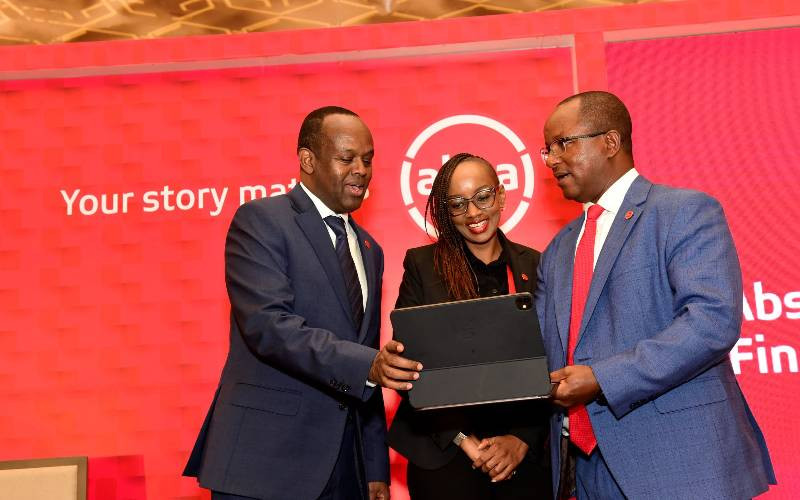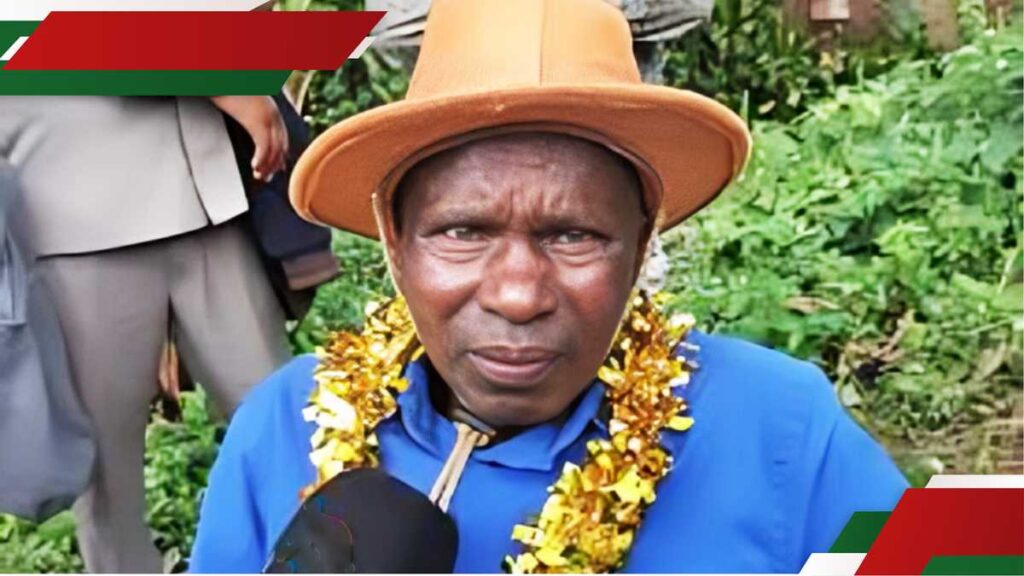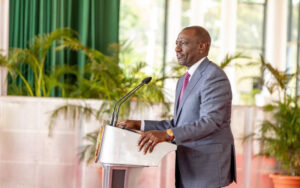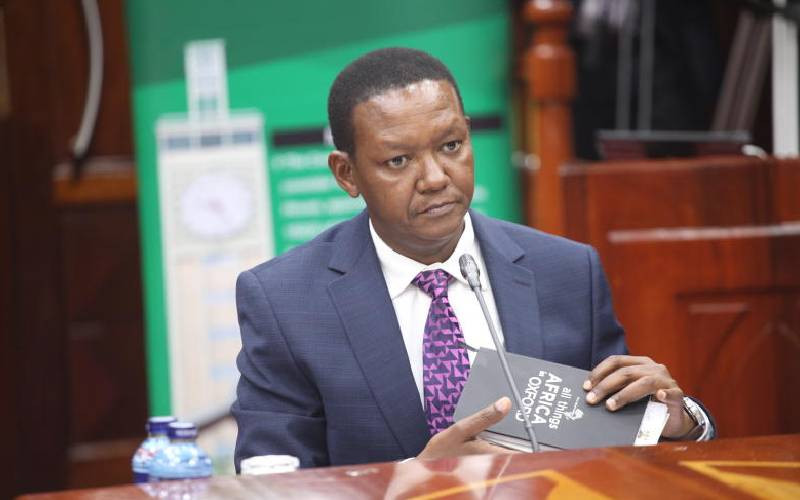Absa Bank Kenya reported a nine per cent growth in after-tax profit to Sh11.7 billion for the half-year ended June 30, 2025.
This, despite total revenues dropping 1.2 per cent compared to the same period last year to 31.5 billion, on what the lender said were lower interest rates, partly offset by improved cost of funds management.
Net interest income fell by 2.9 per cent to Sh22.3 billion, while non-interest income grew by 3.3 per cent to Sh9.1 billion, driven by diversified streams from fees and commissions.
During this period, customer deposits increased by 2.3 per cent to Sh361 billion, while customer assets declined by 3.6 per cent to Sh305 billion, reflecting the prevailing macroeconomic headwinds.
Total assets grew by 10.4 per cent to Sh532 billion compared to last year.
“Our results highlight the resilience of our operations and the relevance of our growth strategy, centred on being the primary partner for our customers,” said Chief Executive Abdi Mohamed.
“We are unlocking value across both traditional and emerging revenue streams while positioning the business for long-term growth.”
In the period under review, the lender retained market leadership in bancassurance, growing its asset management business to over Sh30 billion in assets under management – the third largest in the market.
“Our remittance market share rose through personalised forex solutions, while upgrades in digital channels as well as branch, ATMs and agency network reinforced our commitment to service excellence,” said Mohamed.
In corporate and investment banking, the bank was the lead advisor in a Sh2.5 billion rights issue and the dual listing of the Satrix MSCI World ETF.
The launch of the Absa Custody Business further deepened its capital markets infrastructure.
About Sh20 billion was advanced in sustainable finance during the review period, the lender said.
“The bank was recognised as a Top Employer for the fourth consecutive year. We advanced future-skills training to prepare colleagues for evolving market needs,” said Mohamed.
“We also continued investing in sports development through golf and athletics -creating platforms for our Kenyan sportsmen and women to grow- while spurring growth in the wider creative economy.
Our strategy remains resilient and adaptable, enabling us to deliver strong results while continuing to invest in the capabilities, partnerships, and innovations that will define our future.”
Stay informed. Subscribe to our newsletter






















